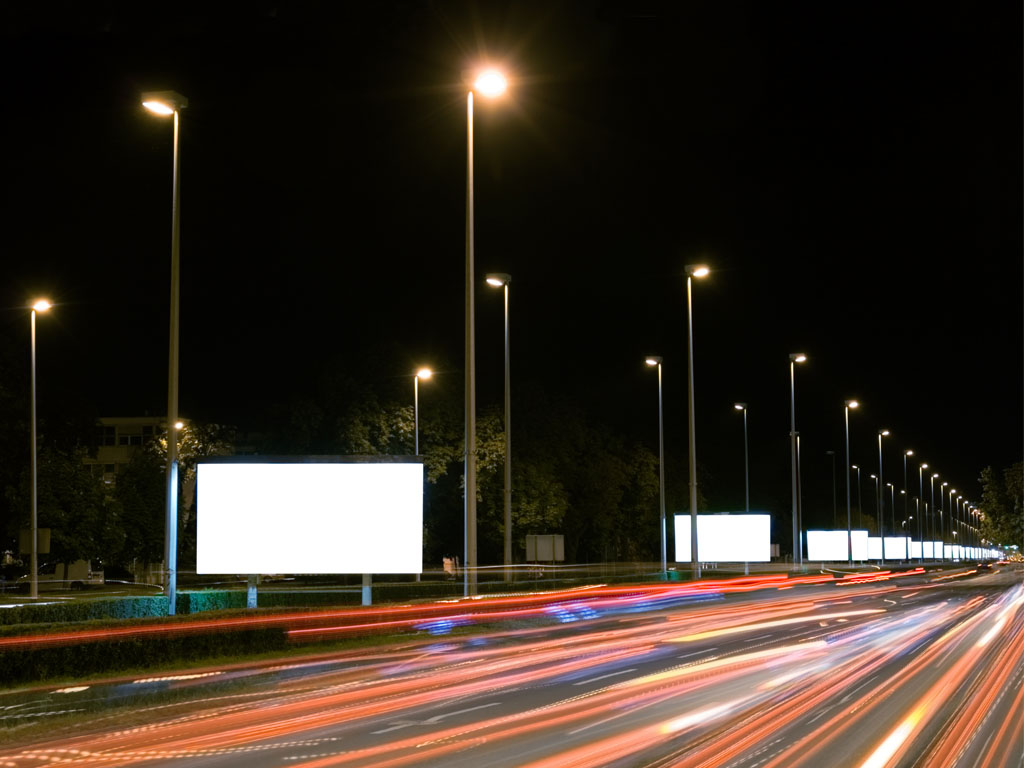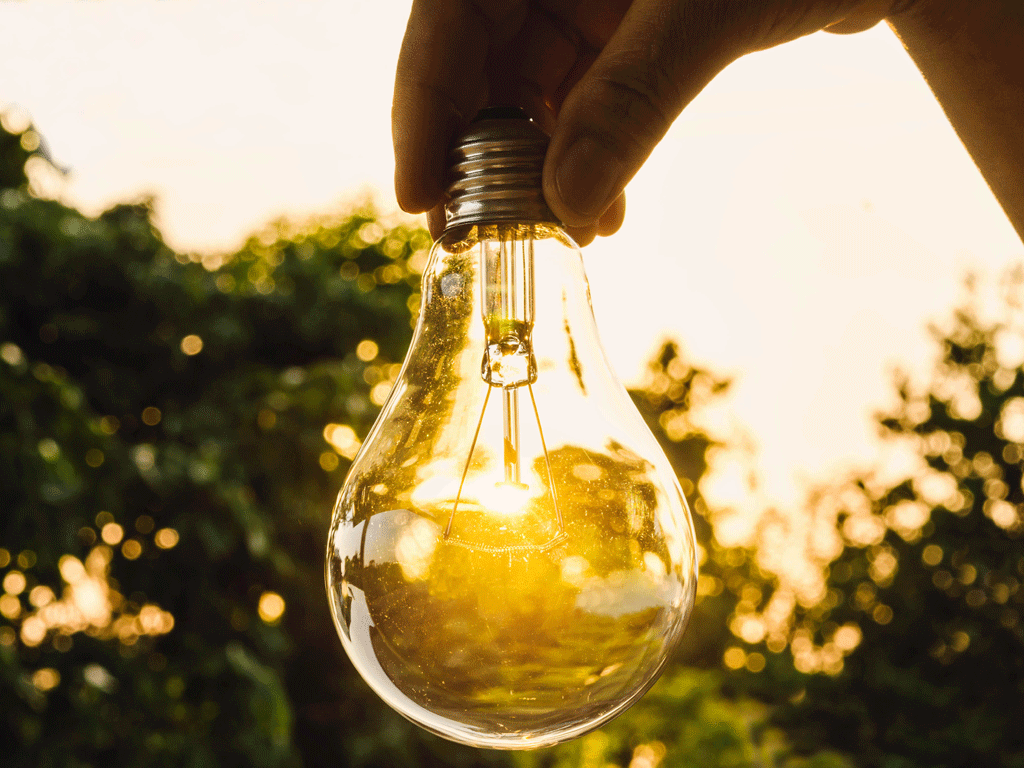LED lighting keeps pocket and environment safe - Big jobs in public lighting replacement all around Serbia by 2020
Source: eKapija
 Friday, 25.08.2017.
Friday, 25.08.2017.
 11:52
11:52
 Friday, 25.08.2017.
Friday, 25.08.2017.
 11:52
11:52
(Photo: Dario Sabljak/shutterstock.com)

Energy savings and increased energy efficiency at local level, namely, are an important element in achieving objectives in EE field, which were set up before Serbia by 2020.
Although no law explicitly obliges local governments to set public lighting on LED bulbs, nor directly prescribe deadlines for replacing current, public lighting is an important part of the Energy Efficiency Program, which, according to the Law on Efficient Use of Energy, all municipalities have more than 20,000 inhabitants ("participant in energy management ") must have and implement. This program includes, inter alia, planned objective of energy savings, proposal of measures and activities that will ensure efficient use of energy, plans for improving the system of utility services (including public lighting), deadlines and funds.
Comparedto other systems, advantages of LED bulbs are high efficiency, a large amountof light emitted compared to energy consumed, minimal dispersion, directionalillumination, responsive color, extremely long service life (up to 25,000hours) and absence of harmful substances, such as mercury. Ecological benefits referto significantly higher energy efficiency and reduction of GHG emissions,rational management of natural resources - which saves the consumption offossil resources, provides easier management of waste streams, and reduceslight pollution, the Ministry ofEnvironmental Protection for eKapija says. The biggest drawback is price, butif we keep in mind that LED lamps have a lifetime of 3-4 times longer thanthose with mercury, this economic impact can be compensated considerably.
The Law on Efficient Energy Consumption certainly does not exclude the option that municipalities with less than 20,000 inhabitants improve EE in public lighting systems. There is a significant interest in this, but there are also problems in implementation due to lack of funds. New LED technology for the first time in public lighting in Serbia was introduced in 2010 in Belgrade, Novi Sad and Novi Becej.
(Photo: MK photograp55/shutterstock.com)

Economically stronger municipalities and cities paid these jobs out of their own pockets. Some projects were implemented with the help of donations. However, a large number of local self-governments, primarily smaller ones - due to lack of money, but also expert knowledge - decided that these jobs would be done through a public-private partnership. This is also reflected in the list of projects approved by the State Commission for PPP, where more and more are in the field of public lighting.
Petrovac na Mlavi municipality, which in early August signed a contract on partnership with Esco Elios and GGE Esco, opted for similar step. Private partner is entrusted withreconstruction, rationalization and maintenance. In October this year, Petrovacwill receive modern LED lighting, with the latest Philips brand technology,instead of mercury lights.
Thanks topublic-private partnership,LED lighting will beinstalled inPrijepolje as well, and private partner is Serbian-Slovenian consortium Javna rasvetljava Ljubljana, Minel-SchrederBeograd and Elektrovolt Valjevo. Veliko Gradiste, which throughtender is now looking for private partner for replacement of old technologywith LED lighting has similar plans, as well as Bor.
(Photo: lovelyday12/shutterstock.com)

After their streets are equipped with a new, modern technique, municipalities and cities have to take care of old lamps, what is recycled, and what and where is deposited. Besides, who controls all this? At the Ministry of Environmental Protection, for eKapija they clarify that local self-government units are obliged, as well as every waste producer, to submit data on quantity and type of waste for previous year by March 31 latest. This also applies to waste bulbs being waste resulting from replacement of public lighting, they add.
- Municipalities and cities are obliged to deliver waste to a company - authorized operator, in line with already signed Contract on cooperation, i.e. takeover and care of waste. During waste deliver, adequate Document on waste flow is delivered. The document monitors each waste move in line with the law.
Waste bulbs are not disposed of at landfills, but their treatment, or recycling, is done by appropriate technological procedures and equipment, Ministry added.
GGE explain for eKapija that, in the case of Petrovac, Elios "will recycle the source of light from mercury lights, because it is hazardous waste".
Sodium lamps remain ownership of municipality, GGE adds, and local self-government explains they will be used in villages.
All units of local self-government are obliged to deal with waste - including waste bulbs - as well as all other legal entities in Serbia, and are controlled by environmental inspections - republic, provincial and local.
M.M.
Companies:
 Ministarstvo rudarstva i energetike Republike Srbije
Ministarstvo rudarstva i energetike Republike Srbije
 Ministarstvo zaštite životne sredine Republike Srbije
Ministarstvo zaštite životne sredine Republike Srbije
Komisija za javno privatno partnerstvo
 Resalta d.o.o. Beograd
Resalta d.o.o. Beograd
 ESCO Elios d.o.o. Novi Sad
ESCO Elios d.o.o. Novi Sad
 Opština Petrovac na Mlavi
Opština Petrovac na Mlavi
 Minel-Schreder d.o.o. Beograd
Minel-Schreder d.o.o. Beograd
 Elektrovolt d.o.o. Valjevo
Elektrovolt d.o.o. Valjevo
 Opština Prijepolje
Opština Prijepolje
 Opština Veliko Gradište
Opština Veliko Gradište
 Grad Bor
Grad Bor
Tags:
Ministry of Energy
Ministry of Environmental Protection
Public Private Partnership Commission
PPP Commission
GGE Esco
Esco Eliot
SO Petrovac na Mlavi
Public Lighting Ljubljana
Minel-Schreder Belgrade
Elektrovolt Valjevo
SO Prijepolje
SO Veliko Gradiste
SO Bor
LED lighting
LED bulbs
poultry bulbs
sodium lamps
replacement of public lighting
modernization of public lighting
public lighting renovation
energy efficiency
energy management
energy management program in local governments
energy saving
energy savings
public private partnership
Concession
Law on efficient use of energy
GHG
ecology
reduction of electricity consumption
uninstalling of public lighting
recycling of bulbs
hazardous waste
treatment of hazardous waste
Comments
Your comment
Most Important News
Full information is available only to commercial users-subscribers and it is necessary to log in.
Follow the news, tenders, grants, legal regulations and reports on our portal.
Registracija na eKapiji vam omogućava pristup potpunim informacijama i dnevnom biltenu
Naš dnevni ekonomski bilten će stizati na vašu mejl adresu krajem svakog radnog dana. Bilteni su personalizovani prema interesovanjima svakog korisnika zasebno,
uz konsultacije sa našim ekspertima.


 Izdanje Srbija
Izdanje Srbija Serbische Ausgabe
Serbische Ausgabe Izdanje BiH
Izdanje BiH Izdanje Crna Gora
Izdanje Crna Gora


 News
News






